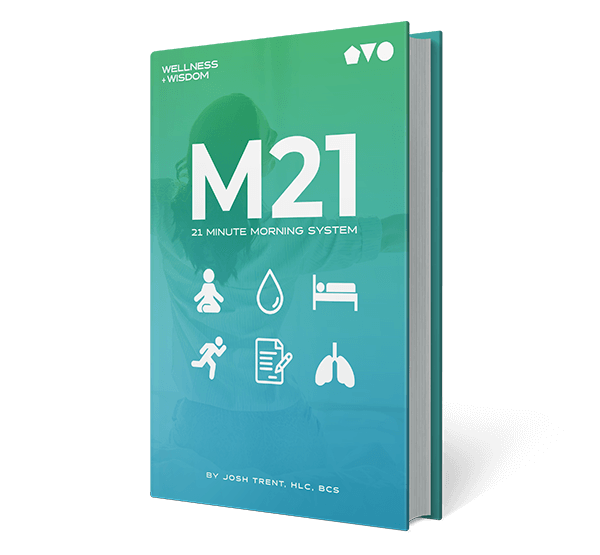 Understanding brain bleeds is vital in a world where the complexities of health intersect with the intricacies of legal recourse. Behind the medical terminology lies a profound human story, one marked by the pursuit of justice. The journey can be daunting, from the sudden onset of symptoms to the array of legal options.
Understanding brain bleeds is vital in a world where the complexities of health intersect with the intricacies of legal recourse. Behind the medical terminology lies a profound human story, one marked by the pursuit of justice. The journey can be daunting, from the sudden onset of symptoms to the array of legal options.
Awareness of the situation empowers individuals to navigate medicine and the law confidently. We will discuss the multifaceted realm of brain bleeds, exploring causes, the symptoms of serious brain damage, and the legal remedies available.
Table of Contents
The Nature of Brain Bleeds
At the heart of the matter lies a fundamental understanding of what constitutes a brain bleed. Commonly referred to as intracranial hemorrhages, these events result from blood leaking into surrounding tissue from the rupture of blood vessels within the brain. The triggers for such ruptures can vary, encompassing traumatic injuries, vascular abnormalities, or even adverse reactions to medication. A brain bleed can have serious, even life-altering, effects, regardless of the underlying cause.
Understanding the Indispensable Signs of Severe Brain Damage
When confronted with the specter of severe brain damage resulting from a bleed, timely recognition of symptoms of serious brain damage is paramount. These may include severe headaches, sudden changes in vision or speech, weakness or paralysis on one side of the body, seizures, and loss of consciousness. Prompt identification and intervention are crucial in mitigating the potential long-term repercussions and maximizing the prospects of a successful recovery.
Unpacking the Diverse Causes of Brain Bleeds
Brain bleeds can arise from myriad underlying causes, each presenting unique challenges and complexities. Intracerebral hemorrhages are frequently preceded by traumatic brain injuries, such as those received in car crashes or falls. Conditions such as hypertension, cerebral aneurysms, or arteriovenous malformations can predispose individuals to spontaneous bleeding within the brain. The complex interactions among these variables highlight the complex character of brain hemorrhages and the need for a comprehensive approach.
Examining Legal Action in Medical Negligence Cases
In instances where brain bleeds occur as a result of medical negligence or malpractice, affected individuals may have legal avenues available to pursue compensation for the harm they have endured. Medical negligence can take many different forms, such as incorrect or delayed diagnosis of underlying illnesses, mishandled surgery, incorrect prescription administration, or inadequate prompt and suitable treatment. In cases like these, consulting with experienced attorneys who focus on medical negligence is essential to determining whether to file a lawsuit and protecting the injured party's rights.
Evaluating Legal Solutions for Victims
Victims of brain bleeds caused by medical negligence may seek redress by filing a medical malpractice lawsuit. This legal option allows people to seek damages for a variety of costs, including long-term incapacity, pain and suffering, missed income, and medical costs. Holding negligent healthcare providers accountable is a pivotal deterrent, fostering a culture of accountability and patient safety within the healthcare industry. Pursuing justice through the legal system helps victims secure much-needed compensation and contribute to the broader goal of preventing similar incidents in the future.
Handling the Difficult Legal Environment
Navigating medical misconduct and the legal environment can be challenging. It requires an understanding of both the legal and medical aspects. Seasoned medical malpractice attorneys are indispensable in guiding victims through this labyrinth, offering invaluable support and expertise at every step. These activists for the law are steadfast in their pursuit of obtaining justice for brain-bleed victims, from carrying out exhaustive investigations and compiling strong evidence to settling disputes and defending clients in court.
Conclusion
Comprehending the intricacies of brain bleeds transcends mere medical understanding; it necessitates legal insight. With a firm grasp on the causes and symptoms, individuals can navigate the legal landscape, seeking redress for negligence or malpractice. Upholding one's rights and pursuing legal avenues are crucial in this journey. Despite the complexities that may arise, each stride towards justice is indispensable. Every aspect, from diagnosis to dispute resolution, ensures that people impacted by brain bleeds receive just compensation.









